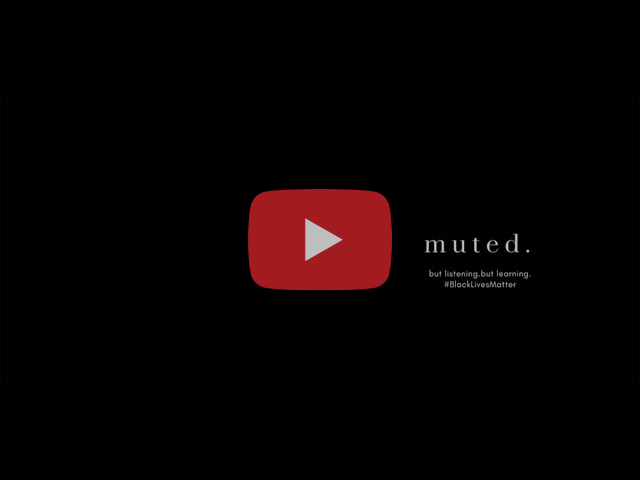Pronoia V Paranoia
Hey everybody,
I've been thinking about 'pronoia,' a term I came across in a TED talk by Adam Grant on givers and takers. Pronoia — the positive counterpart of paranoia — is the belief that the entire universe is acting in a conspiracy for your well-being. This word was coined in the 1980s and did not come into the mainstream until Adam Grant talked about it. In his words, pronoia is "the irrepressible fear that other people are out to help you" (and not 'to get you.')
Colleagues talking about you? A paranoid mind would say, "They're talking bad about me." A pronoid mind would say, "They have to be talking about my goodness." The speeding driver? A paranoid mind would say, "Why do they have to do this to me?" A pronoid mind would say, "I'm glad this happened to serve as a reminder to slow down."
Now, if you are a "realist" or a "skeptic," chances are you have your reservations about adopting a "pronoid mindset." You might think of pronoia as a delusional belief, a stupid thought, or a naive idea. Agreed, it's very much possible to label pronoia as such, but the main point is this: Perspective and observation shape — to a large degree — our understanding of events, and conditioning the mind to interpret unfavorable situations as favorable provides immense clarity of thought, which is valuable for decision-making. As Shakespeare wrote, "There is nothing either good or bad, but thinking makes it so."
Given these uncertain times, it's very much likely that we might feel targeted (if we are disproportionately impacted by COVID or the protests), in which case, it's easier said-than-done to say we'll develop a "pronoid mindset." However, if one is not as affected, it's a worthwhile exercise to undergo a brief pronoid exercise and try to change one's mind to re-interpret past events.
All in all, though, a pronoid mindset will naturally keep one happy and immune to the flux in the world.
That's it for this week,
Abhinav
The Channel
In the longest episode so far, I speak with my friend Jacob and ask him about his first-hand racial experiences of growing black in America. We then talk about why being an "expert" in race is not necessary to begin talking about racism, why tone policing is not justified, and what "virtue-signaling" is (and isn't.) From Kendrick Lamar's music to Obama's "respectability politics," this conversation was enlightening and inspiring.

Half A Thought
This week is about the podcast here.
Our Commonplace Book
I recommend reading this article that shares 68 bits of unsolicited advice, something I really enjoyed reading.